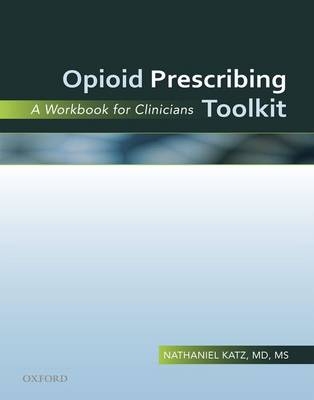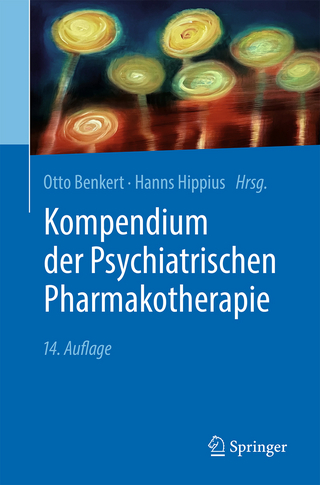
Opioid Prescribing Toolkit
Oxford University Press Inc (Verlag)
978-0-19-978236-9 (ISBN)
- Titel ist leider vergriffen;
keine Neuauflage - Artikel merken
patients about effective and responsible pain management.
The risks and benefits of opioid therapy depend upon the patient, prescriber, practice setting, and community. Opioids have been shown to work for most kinds of pain, and most opioids have similar efficacy. However, like all other analgesics for chronic pain, opioids only work for a minority of patients long-term, and even then only partially relieve pain. To ensure responsible patient care, physicians must have realistic expectations concerning the efficacy of long-term opioid therapy, and
must impart these expecations to patients and their families.
It is an unwavering obligation of all physicians to treat pain aggressively, just like it is important to treat diabetes, asthma, or any other illness aggressively. However, there are many approaches to pain management, and no obligation exists to provide opioids when the risks outweigh the benefits, or when a reasonable trial of opioid therapy has not produced a favorable risk-benefit balance. This toolkit provides essential information and guidance to aid time-pressed clinicians in making
rational medical decisions regarding effective and responsible pain management.
This practical workbook provides a comprehensive array of user-friendly tools to help physicians safely and effectively prescribe opioids to patients with chronic pain. In addition to clear algorithms, report templates, and even instructions for busy office staff, this concise volume provides invaluable "how to" guidance for easy adoption in the clinical setting, including how to assess opioid prescription usage and implement triage, rotation, and exit strategy. Authored by a renowned expert in
the field of pain medicine and risk management, this concise yet comprehensive workbook is an invaluable resource for all clinicians treating patients with significant pain, including primary care practitioners, oncologists, and rheumatologists, as well as medical residents in pain medicine,
palliative medicine, and anesthesia.
Nathaniel P. Katz, MD, MS, is President of Analgesic Solutions in Natick, MA, as well as Adjunct Assistant Professor of Anesthesia at Tufts University School of Medicine in Boston, MA.
ALGORITHM FOR OPIOID PRESCRIBING ; PREPARING YOUR PRACTICE ; How to Prescribe Opioids ; Instructions for Offi ce Staff ; Controlled Substances Policy Sign ; INITIAL PATIENT ASSESSMENT ; Initial Patient Assessment: Patient Self-Report ; Initial Patient Assessment: Clinician Guide ; Mental Health Screening Tool ; Urine Toxicology ; Prescription Monitoring Report ; Recognizing Drug Abusers ; Triage Tool ; INITIATE OPIOID THERAPY ; Choosing an Analgesic Treatment ; Patient Treatment Agreement ; Patient Education Brochure ; PATIENT REASSESSMENT ; Pain Follow-up Tool: Patient Questionnaire ; Pain Follow-up Tool: Clinician Questionnaire ; Endocrine Lab Tests ; Brief Intervention ; OPIOID ROTATION TOOL ; EXIT STRATEGY TOOL
| Erscheint lt. Verlag | 9.6.2011 |
|---|---|
| Verlagsort | New York |
| Sprache | englisch |
| Maße | 142 x 221 mm |
| Gewicht | 118 g |
| Themenwelt | Medizin / Pharmazie ► Medizinische Fachgebiete ► Pharmakologie / Pharmakotherapie |
| Medizin / Pharmazie ► Medizinische Fachgebiete ► Schmerztherapie | |
| ISBN-10 | 0-19-978236-9 / 0199782369 |
| ISBN-13 | 978-0-19-978236-9 / 9780199782369 |
| Zustand | Neuware |
| Haben Sie eine Frage zum Produkt? |
aus dem Bereich


